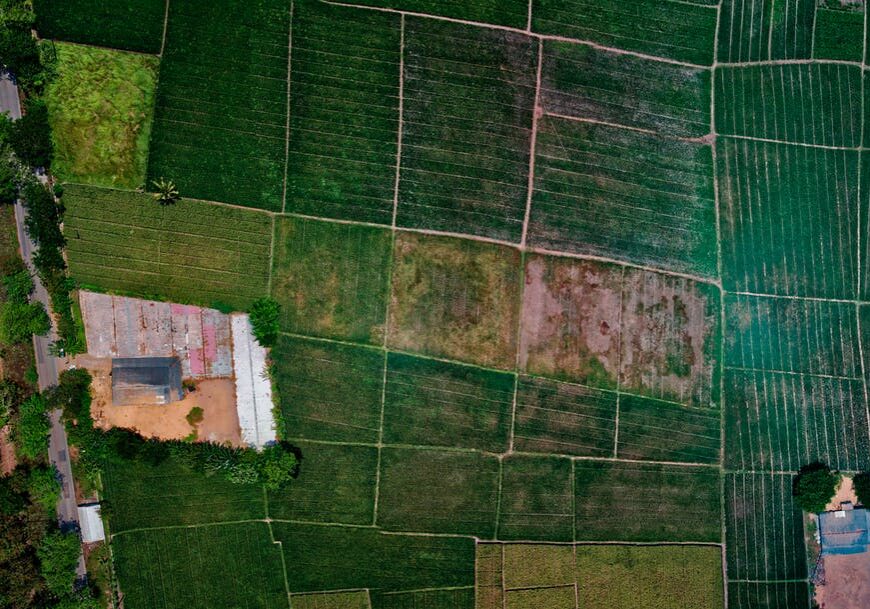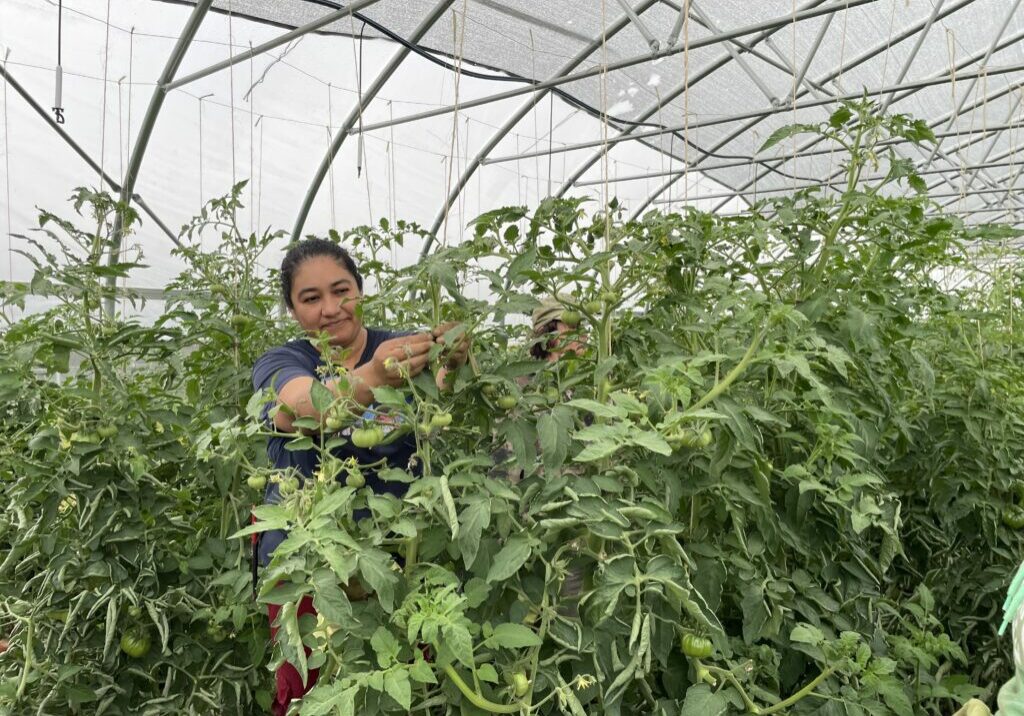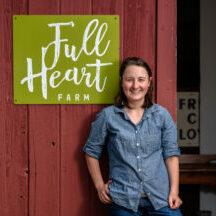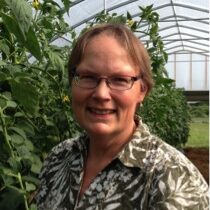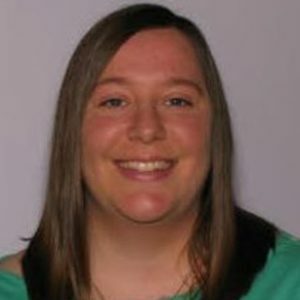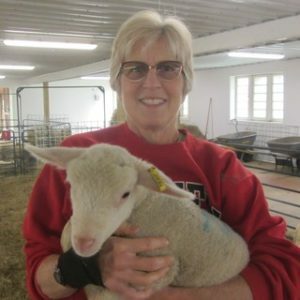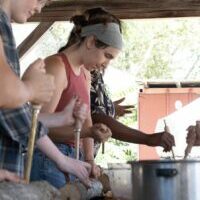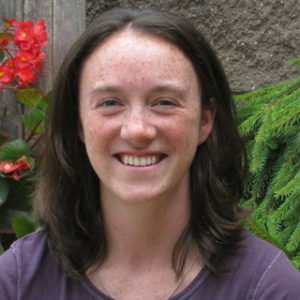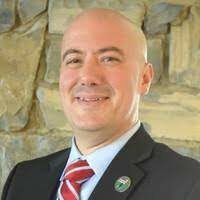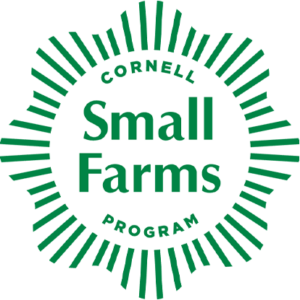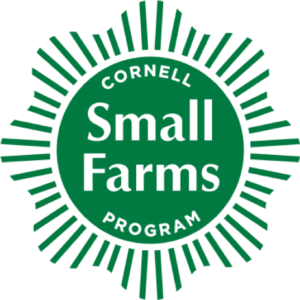Project Lead: Erica Frenay
Are you thinking about starting a small farm? Do you already have a farm that you're looking to expand? Invest in your professional development and you'll see the returns in your business.
In-Person Trainings and Workshops
Our projects offer numerous in-person educational opportunities throughout the state for farmers to learn more deeply on specific aspects of farm business and production. Visit our project pages to learn more about upcoming trainings.
There are also workshops, trainings and other events for farmers hosted by Cornell Cooperative Extension offices and other organizations. Visit our events page for a calendar of upcoming events.
Online Courses for Aspiring, New, & Experienced Farmers
The Cornell Small Farms Program offers a suite of more than 30 online courses, primarily taught by Cornell Cooperative Extension educators, to help farmers improve their technical and business skills.
- Interactive 5 to 8-week courses connect you to the information and people you need to start a successful farm business or diversify your farm
- Led by experienced educators and farmers
- Most courses can be taken by people anywhere in the world (read the course description to check whether it is targeted to farming in the Northeastern U.S.)
“The expertise and resources presented and available in the course are awesome and arm me with the information needed to make better decisions" ~ Online course alum
Choosing A Course
- All
- Feb-Apr
- Jan-Feb
- Oct-Dec
- Self-Paced
- Sep-Oct
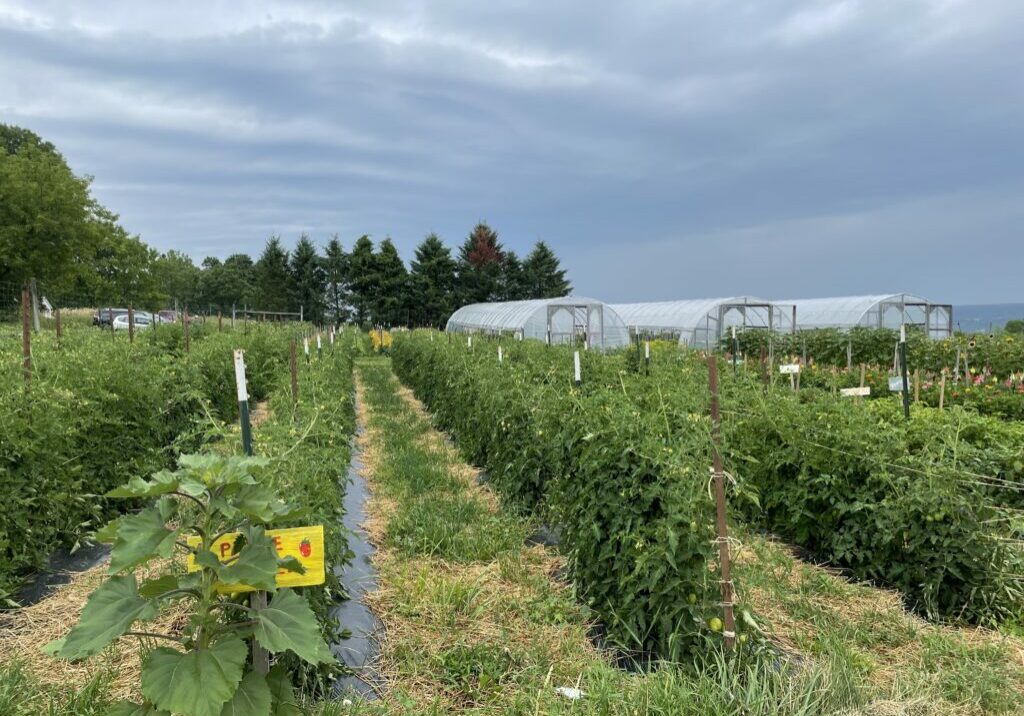
BF 101: Cómo Iniciar su Negocio Agrícola

BF 101: Starting at Square One
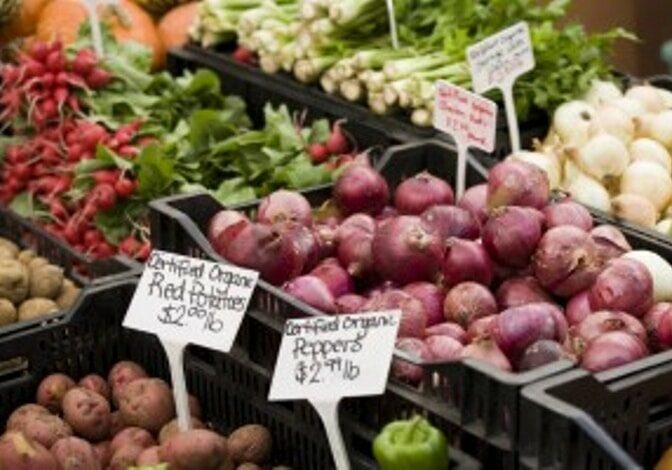
BF 102: Exploring Markets & Profits
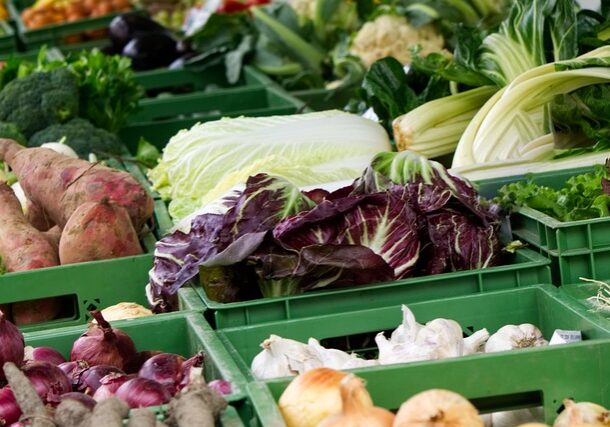
BF 102: Mercados y Rentabilidad

BF 103: Taking Care of Business

BF 104: Access to Capital

BF 110: Soil Health
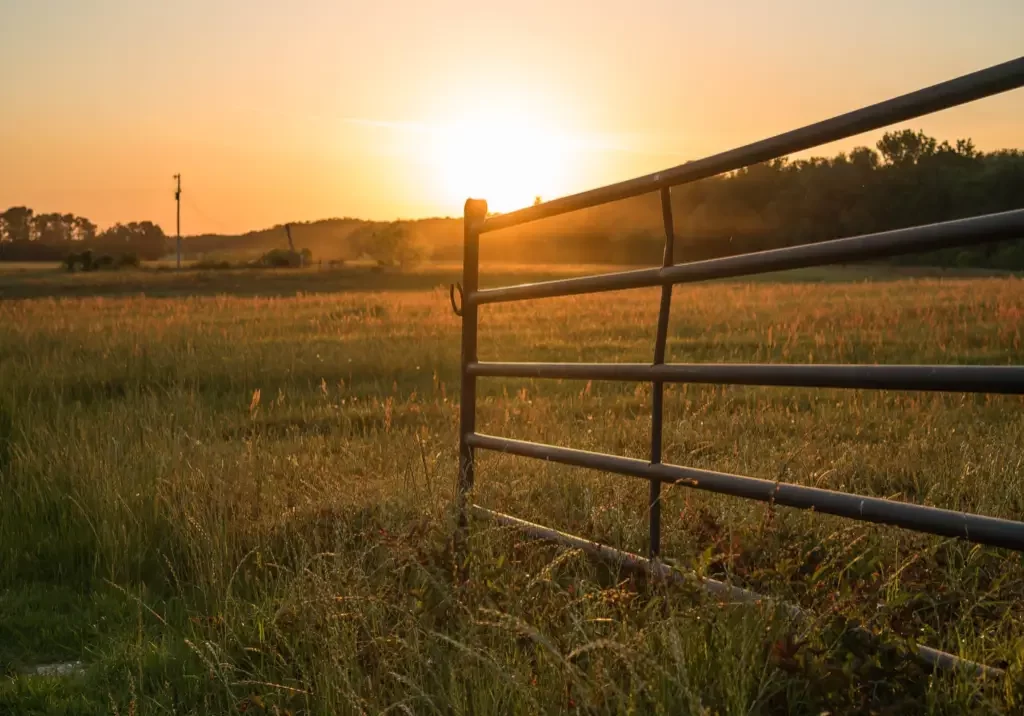
BF 112: Reading the Land
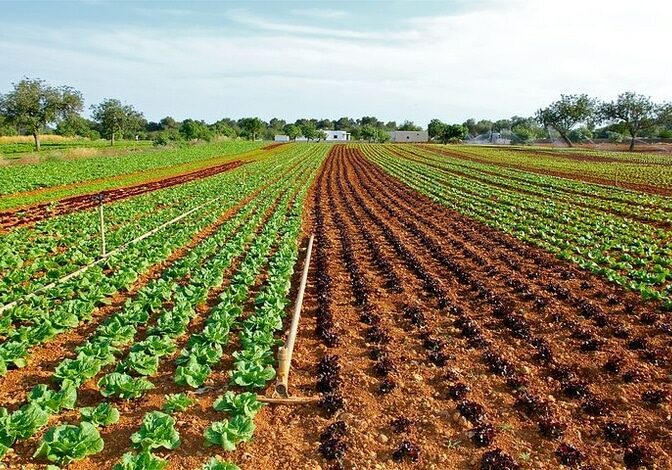
BF 120: Vegetable Production I

BF 121: Vegetable Production II

BF 122: Berry Production

BF 123: Growing Uncommon Fruit
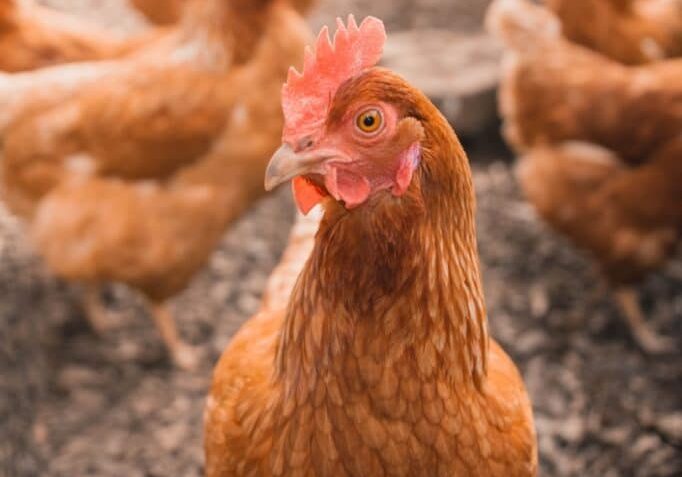
BF 130: Poultry Production
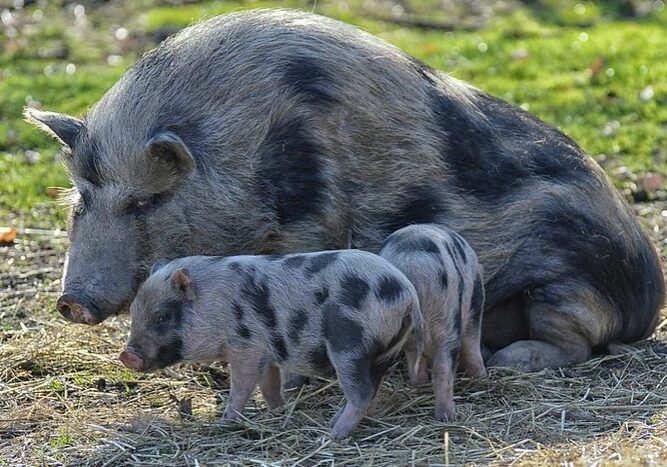
BF 138: Getting Started with Pastured Pigs
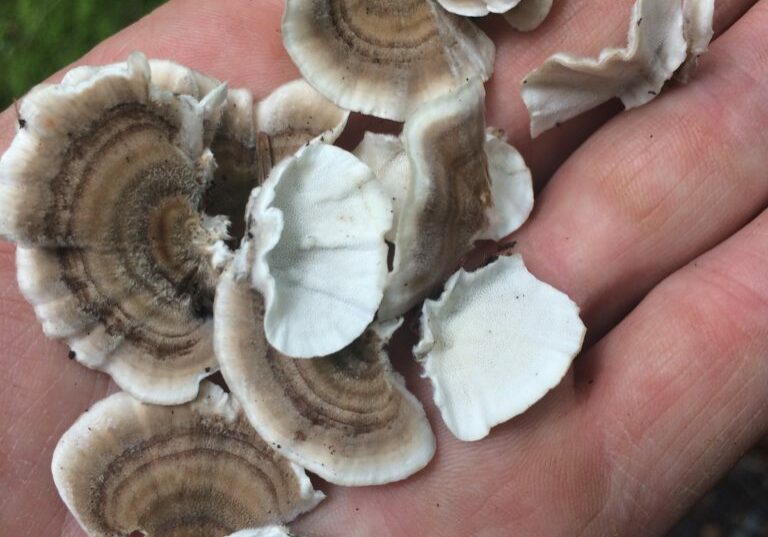
BF 149: Identifying and Partnering with Mushrooms in Farms, Gardens and Forests

BF 150: Farm Woodlot Management

BF 151: Outdoor Mushroom Cultivation
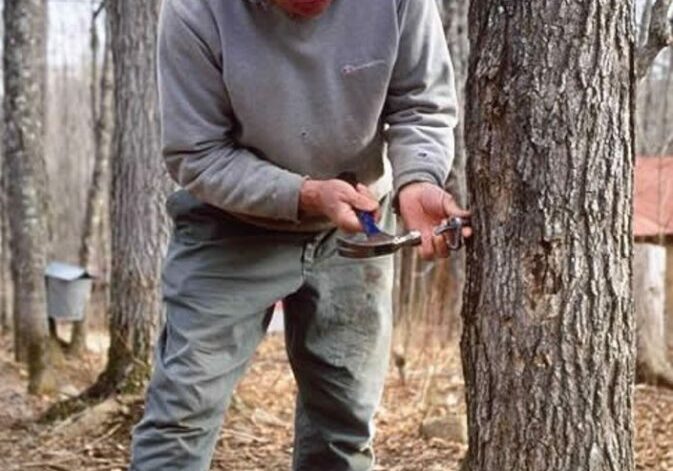
BF 152: Introduction to Maple Syrup Production

BF 153: Indoor Specialty Mushroom Production
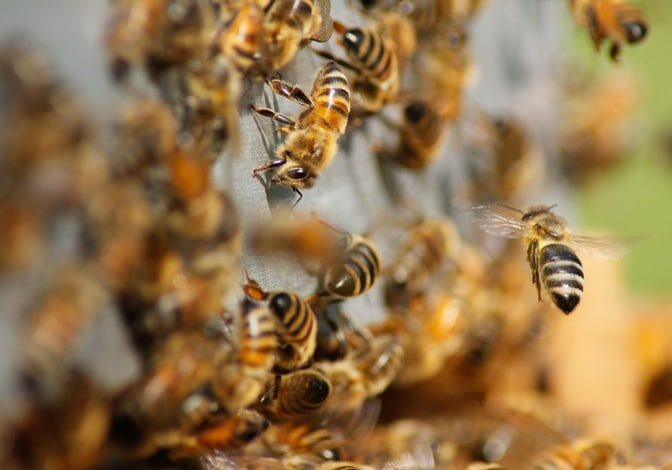
BF 160: Introduction to Beekeeping

BF 170: Cut Flower Production
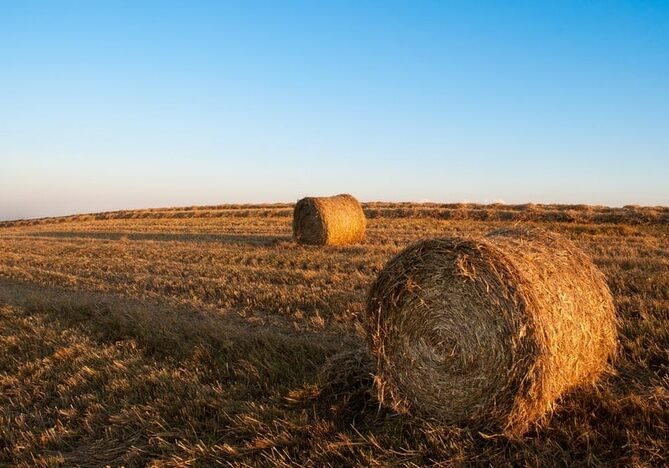
BF 202: Writing a Business Plan

BF 203: Holistic Financial Planning

BF 204: QuickBooks for Farmers

BF 205: Social Media & Online Marketing

BF 210: Farm Strategies for Farmer Well-Being
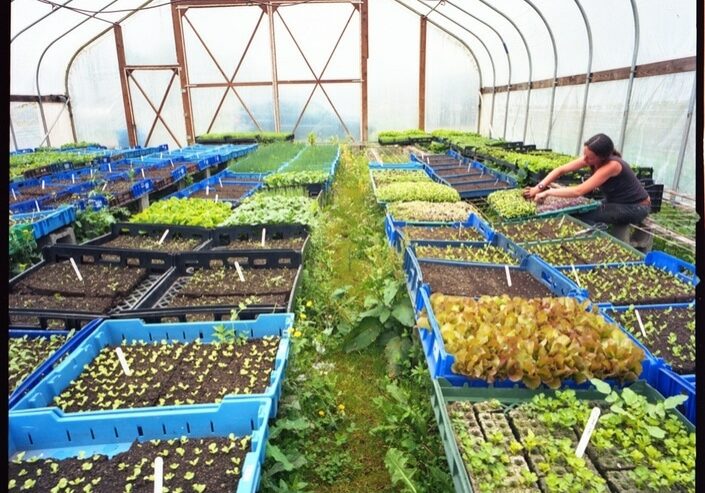
BF 220: Season Extension with High Tunnels

BF 223: Introduction to Tree Fruit Production
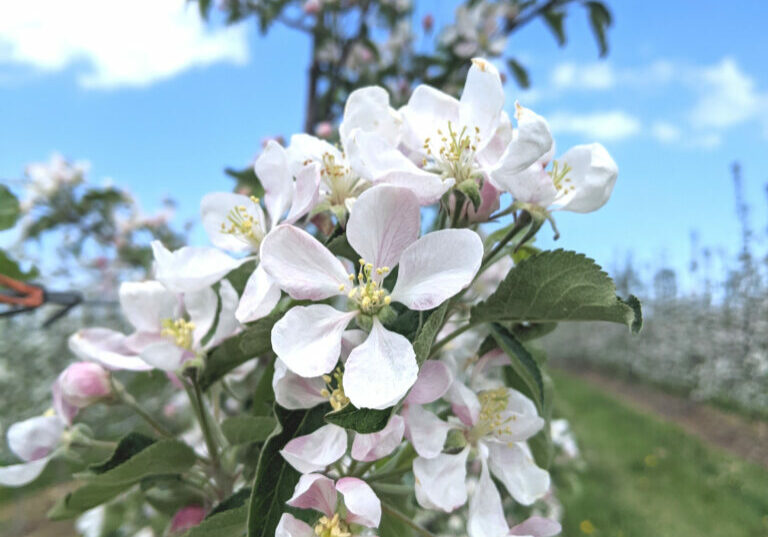
BF 224: Tree Fruit Scouting
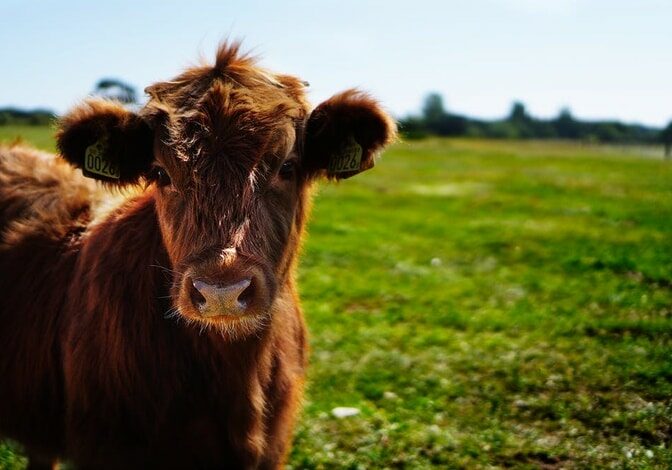
BF 231: Grazing Management
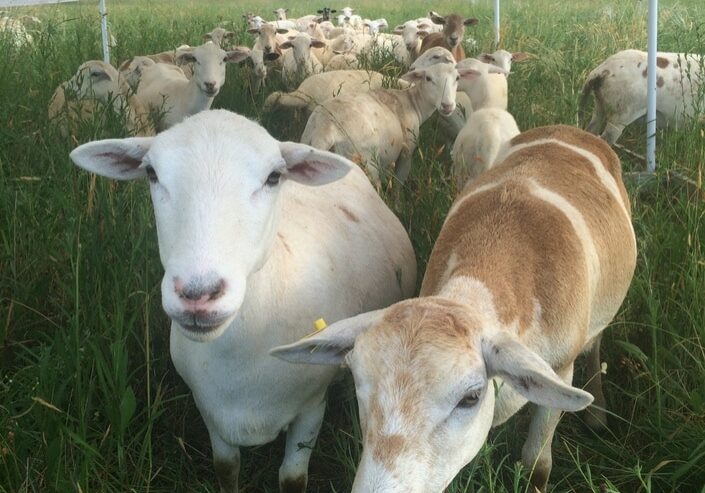
BF 232: Sheep Production
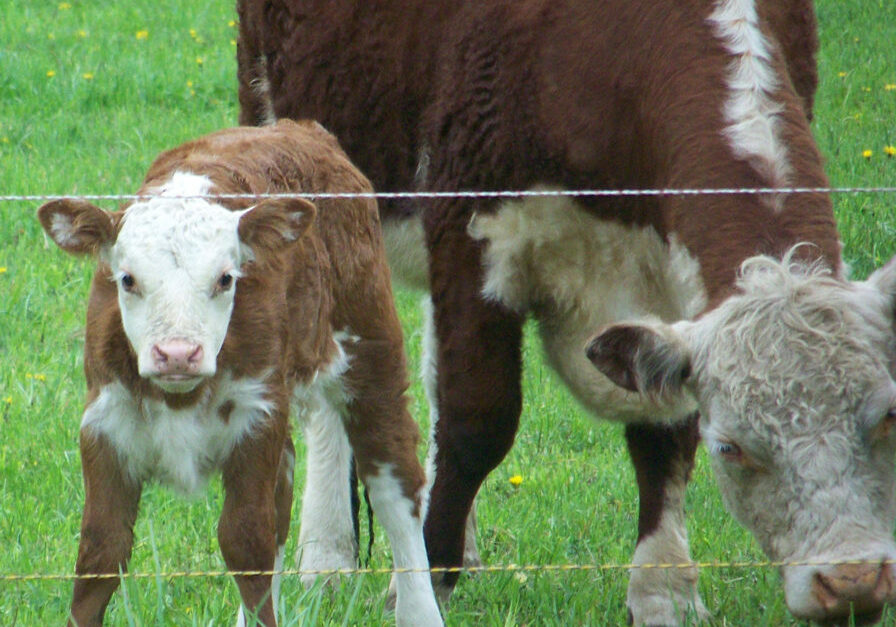
BF 233: Beef Cattle Management
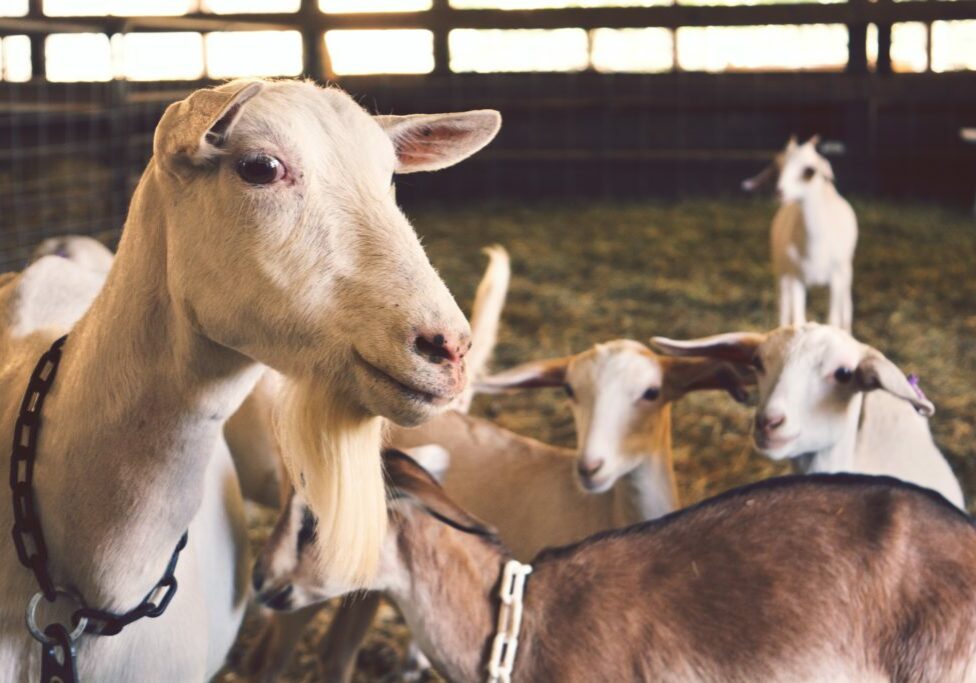
BF 234: Goat Production
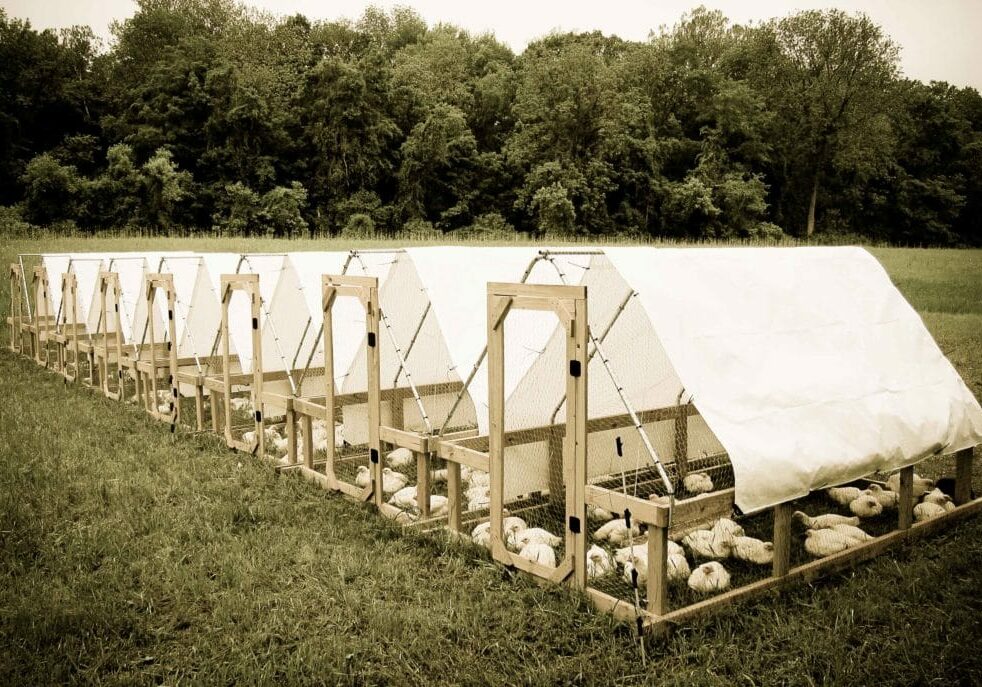
On-Farm Poultry Processing
Small Farms Course Instructors

Amanda Heidel
Community Mushroom Educator
Online Courses FAQ
Any question is a good question. If you don’t see your answer to one of these common questions, contact us any time.
When can I register for courses?
You may register at any time for any course, though the instructors are only active and offering the real-time webinars during one 4-8-week period each year. Read the course description for each course carefully to learn more. If you enroll once the live offering has concluded for the year, you will immediately have access to all course materials. If you enroll in the months preceding a course's live offering, your access to the materials will be limited, as a new batch of resources is made available each week of the live offering. Once the course finishes, you will retain access to all course materials.
What type of hardware and internet connection do I need? Does the course require any special software?
OPERATING SYSTEM: The following operating systems are supported by our webinar platform, Zoom:
- macOS X with macOS X (10.10) or later
- Windows 11 (version 5.9.0 or higher)
- Windows 10 (Home, Pro, or Enterprise only. S Mode is not supported.)
- Windows 8 or 8.1
- Windows 7
- Ubuntu 12.04 or higher
- Mint 17.1 or higher
- Red Hat Enterprise Linux 6.4 or higher
- Oracle Linux 6.4 or higher
- CentOS 6.4 or higher
- Fedora 21 or higher
- OpenSUSE 13.2 or higher
- ArchLinux (64-bit only)
- iOS, Android, Blackberry, and Surface PRO 2 (running Windows 8.1 or higher) mobile devices
If you are using an unsupported operating system you will not be able to join the live webinar sessions that make up some of the best content of the course, so please do not register for courses unless you will be upgrading your operating system before the course begins.
INTERNET: We recommend that you use a computer with a DSL or Cable modem connection, or a mobile device with a fast connection. Satellite connection is usually too unpredictable for participating in webinars.
SOFTWARE: You do not need any special software for the course, beyond an up to date internet browser (Firefox, Safari, Chrome, Edge, etc.) and a small free download you will be automatically prompted to complete in order to access webinars on Zoom. It is helpful, but not strictly necessary, to have Microsoft Office (for Word and Excel documents) but your instructor can get around this if you don't have it.
HARDWARE: You DO need to have functioning speakers for the webinars. While it’s helpful to have a working mic, it is not necessary.
A more detailed list of system requirements can be found on the Zoom website.
How much do courses cost?
Our 6-week courses are priced from $199-299, based on your household income. Shorter and longer courses are pro rated accordingly. We also offer a payment plan that lets you split the middle tier price into 2 payments.
Why are the courses so expensive? Do you offer any financial aid or scholarships?
These courses are a rare example of a farmer training program running solely on registration revenue, with no ongoing grant support. We operate the courses on the slimmest possible margin so that we can keep the fees as low as possible. Course alumni have reported that the value they received from the course was more than worth the price. In many cases, the course material has paid for itself in terms of mistakes avoided or innovations learned.
We do realize that not everyone is able to afford the price of our courses, so we offer a small number of scholarships each year. To apply, please read all the requirements and complete the application here.
I live (and plan to farm) outside NYS. Are your courses appropriate for me?
Most of our courses are appropriate for a wide geographic range of participants. Please read each course description carefully. If the course is relevant only to participants in a particular state or region, it will be listed there.
What are the live online courses like? What can I expect?
Our courses are typically 6 weeks long and include real-time weekly live webinars (using Zoom) in combination with an online "course headquarters" (using Teachable) for discussions, resource-sharing, and homework between webinars.
Each week, the instructor will make a new lesson--with readings, resources, discussion forums, and assignments--available to view. You can complete the work anytime during the week. If a live webinar is scheduled for that week, you'll be given a link to click at a particular date and time. If you cannot make it, a recording of the webinar will be posted in Teachable for you to watch later. The webinars are the only part of the course that take place at a particular time and date; otherwise, you can work on the course whenever it's convenient for your schedule. Typically, our online courses require a high degree of self-motivation and ability to work on your own.
During the real-time offering, you will have the ability to interact with your instructor, guest presenters, and fellow students via a chat feature during webinars and via discussion forums in Teachable. You can expect to network with like-minded fellow learners, hear from farmers and other farming experts in live web sessions, learn about useful resources, and depending on the course, get direct feedback on your farming plans.
What if I want to complete a course on my own schedule? What can I expect if I enroll when the course is not being offered live?
Our courses are offered in a virtual "campus" called Teachable, an online learning platform. Each course typically offers 6 weeks' worth of lessons--with webinar recordings, readings, resources, and assignments--available to complete whenever it's convenient for your schedule.
Even though you will not be participating when an instructor is active, all course content (including webinar recordings) will be available for you to independently complete at your own pace. Typically, our online courses require a high degree of self-motivation and ability to work on your own.
Once you have enrolled in a course, you will retain access to all materials indefinitely. You are also welcome to return to participate in future live webinar offerings of the course, if you wish.
Can I get college credit for completing your online courses?
No, we are unable to offer academic credit for our courses.
Can I take more than one online course at a time?
It is possible to take more than one course at a time. If they have webinars on the same night, you can alternate which one you attend live, and later watch the webinar recording for the other course. Otherwise, coursework is conducted on your own time, so you would just have to be especially conscious to budget enough time in your week to do the readings, participate in discussions and complete homework assignments for multiple courses each week.
How many hours a week do I need to spend to keep up with the course?
Students report spending 2-6 hrs. a week on a course, with the average being about 3. If you are less experienced with online learning, and/or less experienced with farming, expect to spend 6 or more hours per week to participate fully. Planning courses, especially BF 202: Planning to Stay in Business and BF 203: Holistic Financial Planning, require at least 6 hours each week if you are serious about completing the work, because you will be writing your own business plan or financial plan and these courses keep an intense pace. As with any learning experience, the more you are able to put into reading, thinking, and applying this material to your own farm plans, the more you will get out of the course!
If I miss a webinar can I watch it at a later date?
Webinars will be recorded and a link will be posted in Teachable, your online "campus", each week. Simply click the link and you will be able to watch it. All other course materials and discussion forums from prior weeks will be available at all times throughout the course, so anytime you want to go back and review something you will be able to.
Will there be opportunities to hear from successful farmers?
We usually invite at least two farmers to present about their farm operations and start-up experience during the webinars, so students are exposed to two different farmer perspectives and can directly ask them lots of questions. Where possible, we also incorporate videos of farmers into the course. A few of our instructors are also farmers - check out the instructor bio section of each course description page to learn more about their expertise.
What is the course cancellation policy?
If there are fewer than 10 people registered for a course 7 days before the first webinar, we will notify all registrants by email and offer the option to transfer registration to a different course OR receive a full refund.
What is the refund policy if I need to cancel my registration?
We offer a 7-day money-back guarantee, which means if you need to cancel or are unhappy with your course anytime in the first week after you start your course, we will give you a full refund.
Do you offer scholarships or reduced registrations?
We offer tiered pricing based on household income on all our online courses. To find the pricing tiers, click on the course icon and scroll to the bottom of the page.
U.S. active military and U.S. military veterans qualify for half off the Tier 2 price of any course. This discount may only be applied to two courses per veteran. To request the military discount, email smallfarmcourses@cornell.edu with the subject of the email “Requesting a Military Discount.”
New York State veterans may be reimbursed for an online course through our Farm Ops project supporting veterans in agriculture. Reimbursement is contingent upon funding availability. Learn more on the Farm Ops project’s scholarship page.
If none of the options above makes the courses accessible to you, we do offer 25 scholarships each course season based on financial need. To read the details and apply, please visit our Scholarships page.
I would like to pay for your courses with my AmeriCorps Education Award money, or with GI Bill funds. Is this possible?
Because our courses are not accredited college-level courses, they are not eligible for payment with GI Bill funds. However, you may be able to use AmeriCorps funding or small grants to pay for our courses. Contact smallfarmcourses@cornell.edu to start the process.


